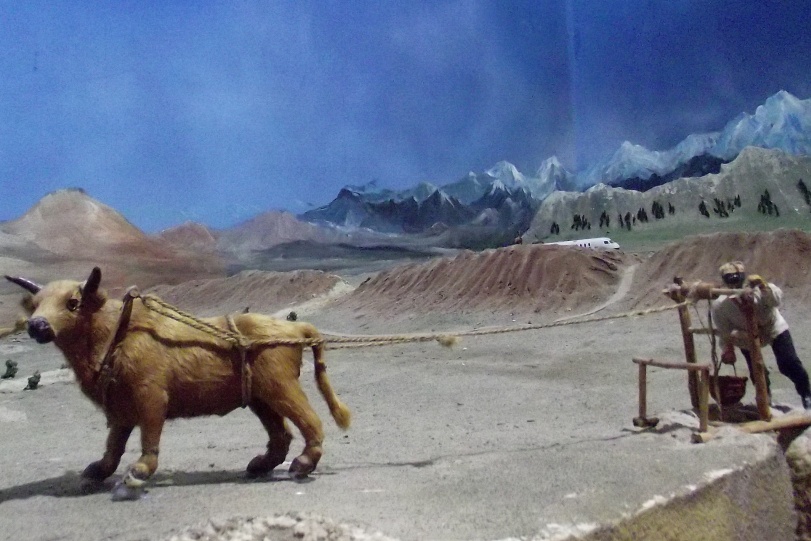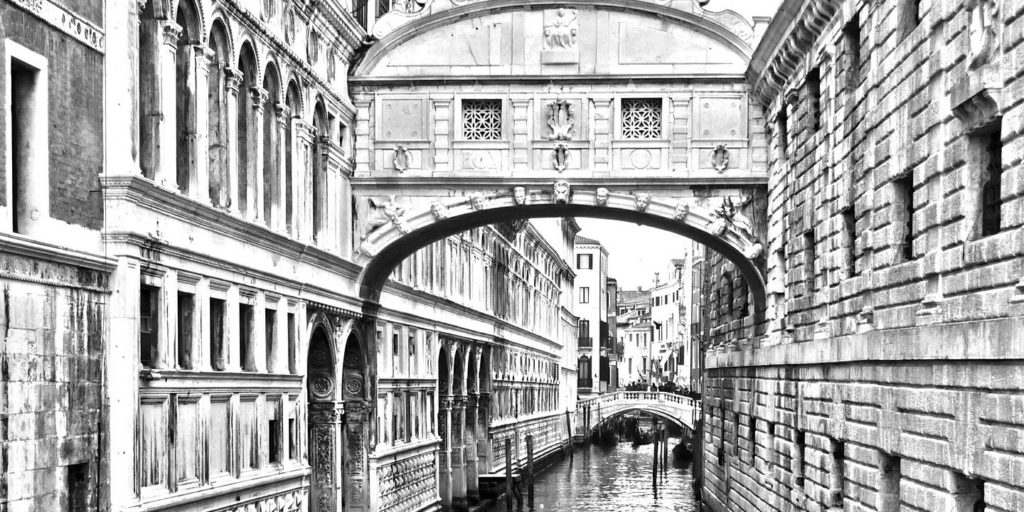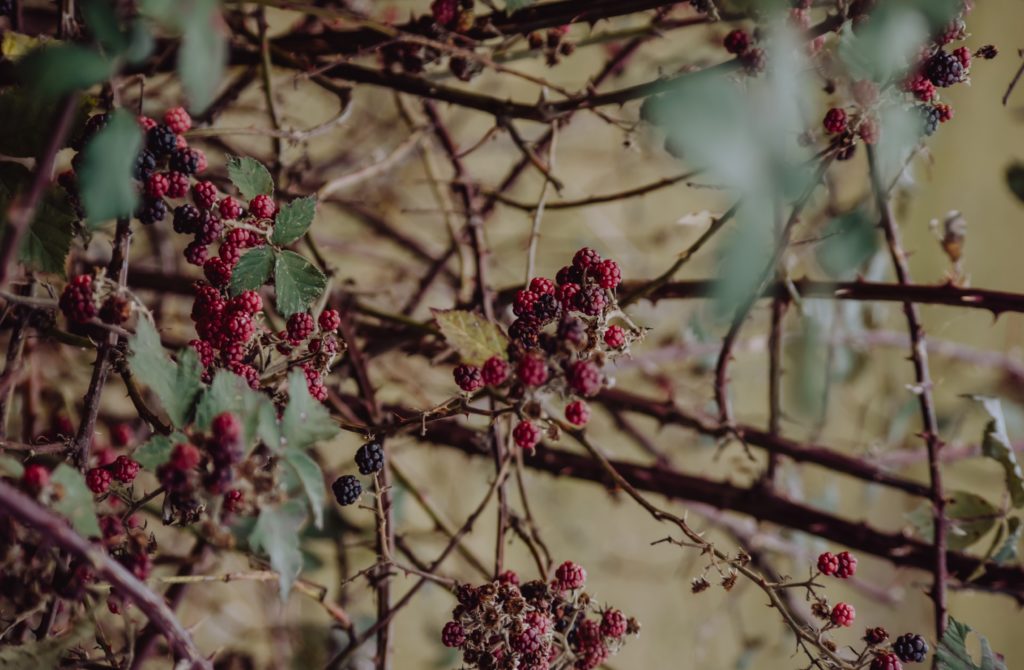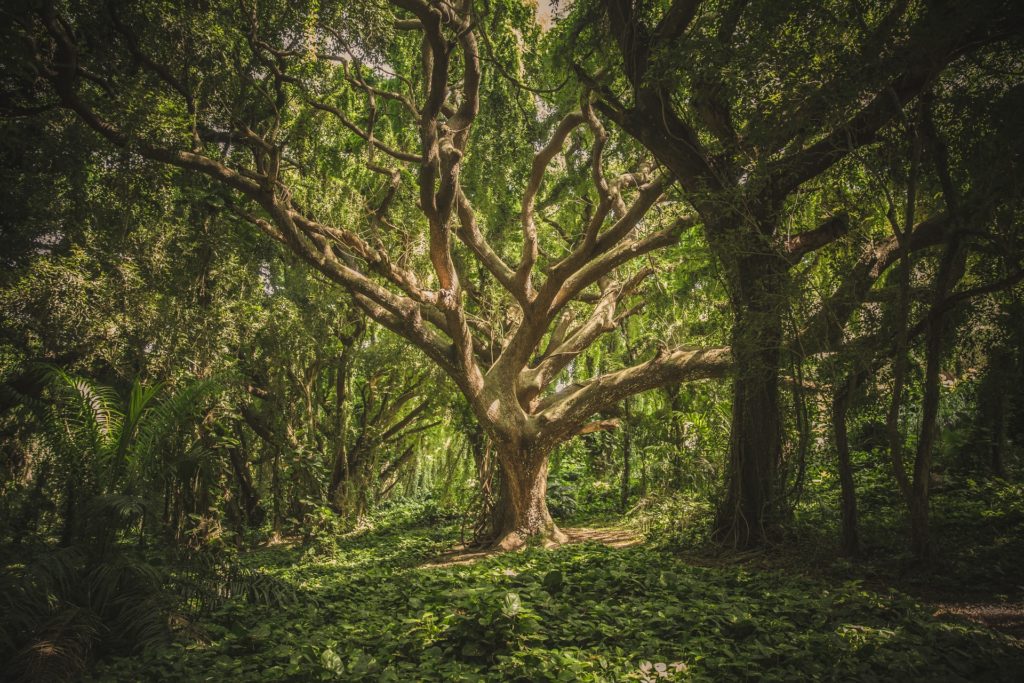There is a type of melon in Xinjiang called a hamigua. It is prized for being exceptionally sweet. The hamigua is named for the region in which it is grown: Hami, an oasis town on the Silk Road with a long history of trade and conquest. The hamigua resembles a cantaloupe. It has a mottled yellow-green rind, covered in a web of white stretch marks that reinforce its sense of gravid promise. It languishes all day in blistering sunshine, and then at night the temperature in the patch in which it is cultivated – which may as well be desert, and at least appears so, from the window of a passing train or coach – plummets. The alternation of extreme heat and cold damages the hamigua’s cells in such a way as to give it a prized sweetness. I have seen the hamigua sold in the daylight hours and consumed after dusk, along with lamb pastries, or pilaf. I have seen strips of its flesh hanging on frames, drying in the desert wind, a kind of melon jerky.
I have tasted this product. It tasted like candied fruit. I have tasted fresh hamigua, too. It tasted like melon. Sometimes it was mealy, or too warm, so that its slime notes came to the forefront, and for all its sweetness, it was still a gourd.
I have to say, I didn’t get into hamigua.
I couldn’t square the quotidian reality I experienced when I ate it with the primal joy the hamigua seemed to bring my Han Chinese travelling companions. For some of them, local fruit was apparently a primary factor in itinerary planning. It seemed to me they based their daily rhythm around the procurement and consumption of melons. Their pleasure disturbed me. It made me feel excluded, like I was not present with them in Hami, but beyond its borders, in the parched desert. It made me feel thirsty, too. I was in Xinjiang during Ramadan and I couldn’t get a beer.
∆
Alim had a problem. I met him in a place called Turpan, which is like Hami, an oasis town in a hot dry desert, with a long history of trade and conquest. Turpan is even hotter and drier than Hami; it lies in a deep basin, and the air around it roils like a cooking pot. It is one of the places that claims to be the hottest in the world – there was talk of insane temperatures, in the fifties, in the sixties – but when I was there, it rained. Real water, coming out of the sky in lukewarm spits. The temperature was somewhere in the low forties. Balmy.
I was staying in a hostel with some English friends of mine. We visited ancient ruins and museums. We learned about irrigation. Did you know that the farmers of Xinjiang use ancient underground waterways called karezes to channel snowmelt from the surrounding mountains out into the arid lowlands? Would you like to know more?
We rented bicycles and cruised through the town. Lots of people, I noticed, kept big steel frames outside the fronts of their houses. They looked like bed frames. When the sun went down, and it wasn’t so blindingly hot, the residents covered these frames with fabric and lounged on them. The frame elevated the loungers from the heat still radiating out of the earth.
I liked these outside beds. They struck me as bohemian and sociable. I liked the idea of spending the long evenings out front, shucking vegetables in bed, like someone out of a Tove Janson book.
∆
We first met Alim sitting at a little table outside a convenience store. He seemed like a cool guy. He dressed in denim and leather and he had a great big shiny motorcycle that went chug-chug-chug. He looked like nobody else we’d met on our journey, like a Central Asian James Dean gone to seed. Like he was scandalising the clean, quiet neighbourhood in which our hostel was located. He was just getting started on a long binge.
Alim was trained as an archaeologist, but he didn’t have a job. He’d lost it. He didn’t have anything better to do today than get into the booze. At that time neither did we. It was my English friend’s birthday. We had beer and Alim drank baijiu straight from the bottle.
Alim was one of those voluble, driven, unhappy drunks whose trajectory indicates a swift exit. He wanted to be friends. He wanted everybody to stick around with him – but he drank too quickly. He kept knocking back these slugs of 110-proof spirit. At one point, I thought I might slow him down a little. I took the bottle from the table, opened it and drank a mouthful.
This was a mistake. Alim looked like he wanted to punch me. I understood my error. What was his was his, not mine – and that included the private ceremony of his drunkenness. Not for me to intervene.
Alim had a few things to say about the field of archaeology in western China. The Silk Road is incredibly rich in ruins. If you’re an educated person in the region, archaeology would seem to be a good field to pursue. But, Alim said, the museums were full of lies. You might find an object that was 5,000 years old. But the museums would present it as something younger. Because nothing in Xinjiang could be older than Chinese civilisation. Chinese civilisation necessarily came first. The paradigms of archaeological representation came second to Han nationalism.
At least, that’s the gist of what he said. I’m trying to think of specific things Alim said about history and propaganda, or truth and ideology. But I can’t. The thing is, I was drunk. Who can believe a drunk? They say all sorts of things.
We remained sitting outside the convenience store for a while. Periodically I’d go in and fetch things like ice lollies and energy drinks to alternate with the beer. I’d exchange a few words with the shopkeeper. He was an urbane man, accustomed to visitors from afar. He knew Alim.
‘Is Alim okay?’ I asked him once.
‘Ah, Alim,’ he said, smiling ruefully. ‘Alim has a problem.’
∆
At some point my English friends and I left Alim and rolled into the museum to enjoy the lies there. I had a pretty good time. I learned that Xinjiang was and always has been an inalienable part of China whose contribution was greatly appreciated.
I remember a display concerning burial rites of the ancient kings of Turpan. There was a scale model of a tomb that had been uncovered in the desert. In the centre of the room, surrounded by his belongings, the king lay in eternal repose with a peaceful wax smile on his face. Crouched in the corner, looking distraught, was his wife, who was buried with him, alive. I wondered whether the look of distress on her face was meant to be for his death or her own.
I was unsure whether this despot was claimed by China, or by any other nation. Whether what was represented here could be woven into the fabric of any national identity. Some aspects of history do not lend themselves to nation building.
Xinjiang is a Chinese invention. The name xinjiang means ‘new territory’. It is the largest territory in China – larger than Tibet, which borders it to the south. It was conquered from the Dzungar Khanate in the eighteenth century, and renamed in the nineteenth; wiped clean of its complicated history of kingdoms and conflicting tribal loyalties: The New Territory. Like the New Zealand. The New Mexico. The New South Wales. And as with those other ‘New’ territories, it is being colonised; Han settlers correctly identify huge opportunities there. It is being developed. It is being modernised. The karezes are drying out. No doubt vast, impressive infrastructure is being planned to keep the hamigua growing. Flags will be waved at its unveiling.
Thinking about this, I have to return to a statement I made at the start. About seeing hamigua sold in the daylight hours and consumed after dusk, along with lamb pastries, or pilaf. I selected these two dishes to present as examples of ‘authentic’ Xinjiang food, consumed by Uyghur natives. But in Xinjiang you can buy all sorts of Chinese food, since Xinjiang is part of China. This Chinese food is consumed by Han tourists and Han settlers, of which there are very many. Presumably it is consumed also by the Uyghur natives that enjoy it – although not the pork dishes, and not before dusk, if it is Ramadan, and the Uyghur is pious.
Thinking again, I have to return to the statement I just made. About ‘Uyghur natives’. I used the word ‘native’ to denote a person born in a particular place. I thought of using the word ‘resident’, but this suggests the possibility of transience and choice, as if the Uyghurs could choose to live wherever they wanted. I considered ‘citizen’, but this suggests civil rights. ‘Subjects’ might have been a good word to use. But I was aware, at the moment of writing, of the history of the word ‘native’ and to whom it usually refers. Native Americans. Native Amazon tribes. The extinct native peoples of the Caribbean. A native is someone whose birthplace has been taken from them. We do not say English natives. We do not say Japanese natives. There are natives who endure; there are many more who do not. I wanted to communicate that uncomfortable reality when I wrote the words ‘Uyghur natives’.
Of course, there are more minority groups in Xinjiang than Uyghurs. There are Kazakhs, Mongolians, Tajiks, Kyrgyz, Uzbeks. Many others, I’m sure. I don’t want to be exclusive. But the Uyghurs differ from the other main groups in the crucial sense that the others have nation states named after them. The Uyghurs have none. The Uyghur lands fell within the boundary of the New Territory, as defined when China was an empire. Which it has become (although it does not use the word), once again.
Outside of China, the origin of the Uyghur people is hotly disputed by Han and Uyghur nationalists. Inside China, there’s less open debate. Museums like the one I visited patch over the cracks, promoting harmony with Han Chinese characteristics. I am not a nationalist and I mistrust origin myths. I don’t think the origin of the Uyghur people is important. Nowhere near as important, at least, as the daily experience of the people bearing that label.
Get the best of Moxy directly in your inbox.
We left the museum and wandered the streets. It was dark, and getting cooler. The heat was more manageable, but it was quiet on the streets. We weren’t sure why.
Whatever. It was my English friend’s birthday so we got a few beers from a convenience store and sat outside drinking them. We’d been there for about half an hour when we heard this rumble.
The rumble grew into a deep, bassy roar and soon enough we could locate it. It was a motorcycle. Alim’s motorcycle. He was riding towards us at full-tilt, going chug-chug-chuuuur along the pavement.
It was nice to see him, in a way. We waved. I was a little worried he might kill somebody with his motorcycle. He managed to stop the bike without causing any harm, though, and we gave him a drink, and shortly thereafter he declared that he would take us to dinner.
Dinner was a debacle. Alim, who was acting like he was hosting us, took us to a big restaurant full of banquet-style tables with lazy Susans. The diners seemed surprised to see us. Alim pushed us through the quizzical atmosphere. He got us to our table, and ordered beer and food as if making a grand gesture of largesse. Of course, he couldn’t afford to pay for us. In fact, he couldn’t afford to pay for his own food and drink. I wasn’t at all surprised. I was a drinker who kept company with drunks. This was too comic, too familiar, too open a failure to take personally, even if he had intended to deceive us.
But the frostiness in the restaurant was something else. Slowly, I came to realise that our presence was objectionable to the other diners. We were doing something wrong. Then, while Alim was getting another round of drinks in, one of the other diners stopped him. He was another Uyghur man, buttoned up and serious. We watched from our table as he gave Alim a terse dressing down. When he returned to the table, Alim was very quiet, and conversation started to falter, and soon afterwards we left.
The problem was, Alim eventually admitted, it was Ramadan. He was drinking during Ramadan. And then, obviously drunk, he’d brought us drunken foreigners to this restaurant, a restaurant full of sober, pious people who had only so much patience for fools. He had brought shame on himself.
∆
I think about Alim. I think about Xinjiang. I don’t know where Alim fits in the image I create of Xinjiang whenever another news story recalls it to my attention.
Conflict zones like Xinjiang are hard to conceptualise. They are full of complex, interacting forces that resist being summed up in simple terms. But a clear image requires simplicity. Trying to imagine the experience of the people in Xinjiang, it is inevitable that I will generalise about the forces acting upon them. So, putting myself in the mind of a Uyghur in Xinjiang – thinking of Alim, that is – I might say: there is pressure to be Chinese and pressure to be Uyghur. There is the possibility of being both at once, or not, depending on how the terms are defined, and by whom.
Does that cover it?
Obviously not.
I think of Alim. I think there is also pressure to be a good Muslim. There is the pressure to be a good son. There is the pressure to be a good neighbour, a good friend, a good fellow all round. There is the pressure to attain gainful employment, and keep it. To stay out of prisons and work camps.
Does that cover it?
Obviously not.
Look at the ruins, the sand beneath your feet. There is pressure there too. There are competing visions of history and of truth. Did Alim lose his job because he stood up for his vision of truth? Was that something he told himself, when he was drunk?
There is the force of your personality, whether you want it or not.
I hold an image of Alim in my mind. Alim is a man who wears American biker clothing, and speaks English, and understands ruins, and drinks like a broken person.
Alim’s rebel affect seemed familiar; at the time I didn’t question it. But it raises questions now. He dressed like James Dean. Who was James Dean to Alim from Turpan? But then, who was James Dean to Jacob from Suffolk? How was Alim’s appropriation of a counter-culture different from my own? What did the myth of the rebel biker promise Alim? What fruit would that promise ultimately bear, in a land where the wide open spaces were becoming as closed in as technology and imagination would allow? What does American freedom mean to me?
At the time, I felt like I knew Alim. I recognised his loneliness, which was partly affected and partly that of the naughty boy, punished, made to sit outside the circle. I recognised his need to keep people in a fixed orbit, so as to maintain the inviolability of his personal ceremonies. These, too, I recognised: the intricate ceremonies of delay,practised in an effort to keep reality at bay. An illusory security for the dispossessed.
Before we said good night, Alim offered to take me to the ruins. The real ruins, not the phony ones the government wants you to see. We’d go the next morning, he said. He’d put me on the back of the bike. I thought of Easy Rider. I thought of fascist policemen, explosions on the blacktop. Wide open spaces, endless blue. I thought of Hunter S. Thomson, who understood the meaning of motorcycles.
I said yes. Tomorrow. We’ll go tomorrow. Sure. And we said good night, and he started the engine, and he left.
‘Alim’ is a pseudonym.
Jacob Rollinson lived in Beijing between 2010 and 2014, and now lives in London. He has a PhD in creative and critical writing from the University of East Anglia, and has been published by NewWriting.net and SPOONFEED Magazine. His WordPress site contains short fiction and creative non-fiction, including more stories from the 2013 journey around Xinjiang on which this piece is based. @jacobrollinson3.





